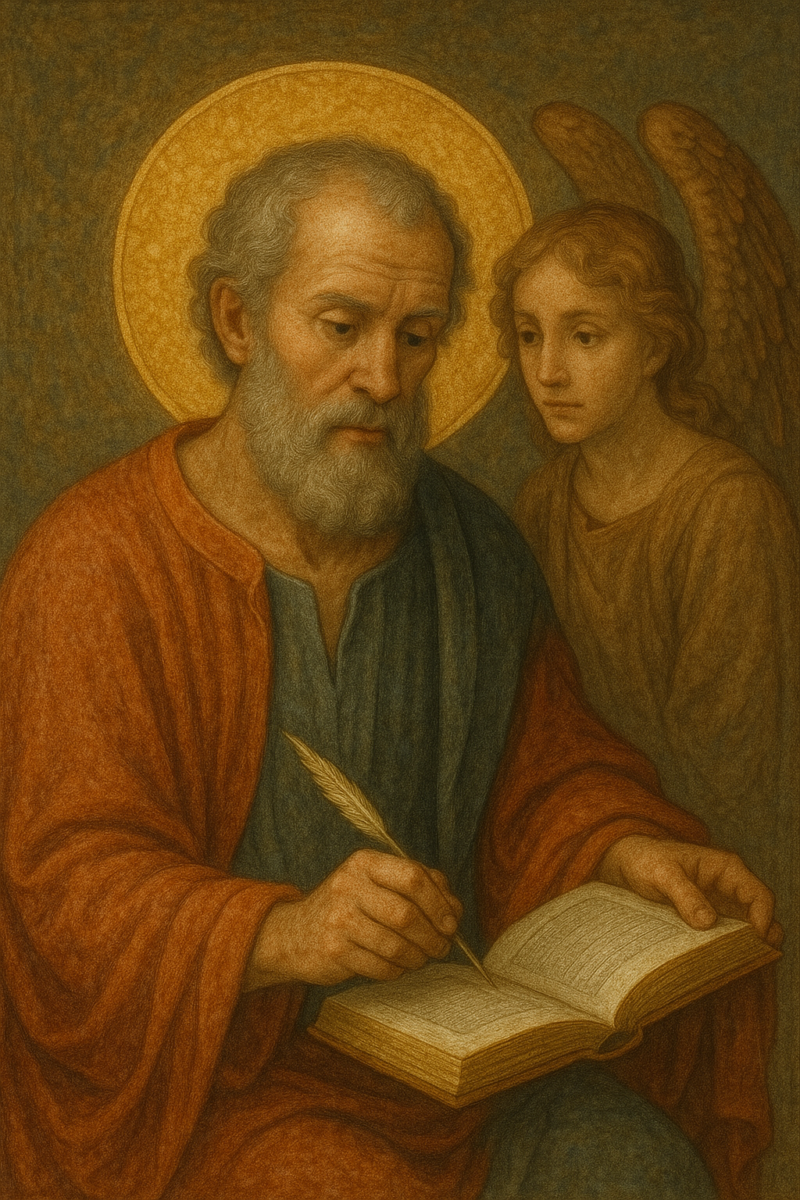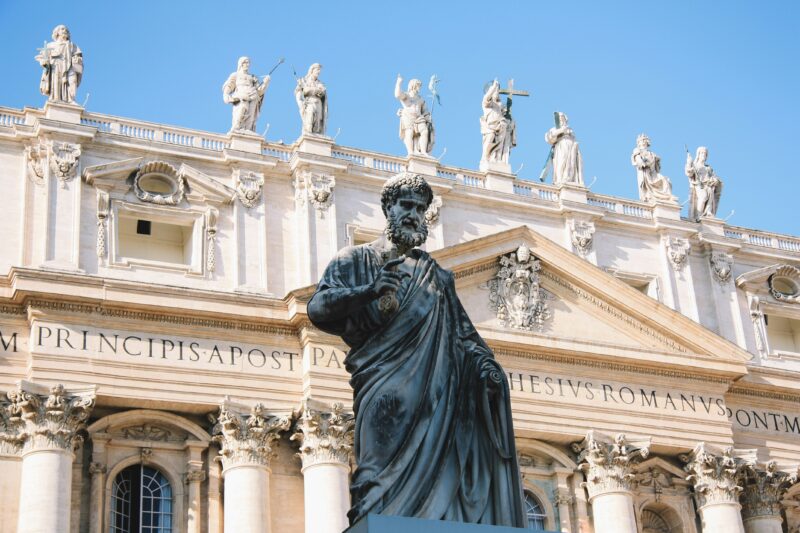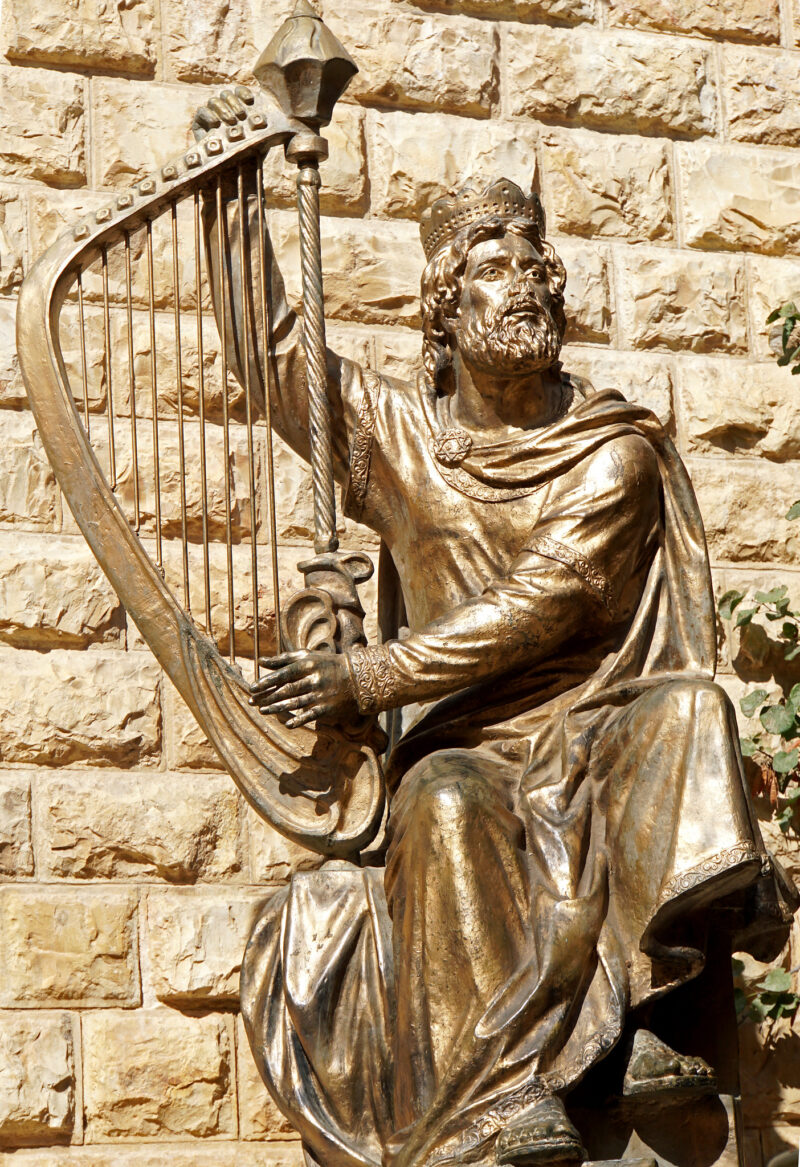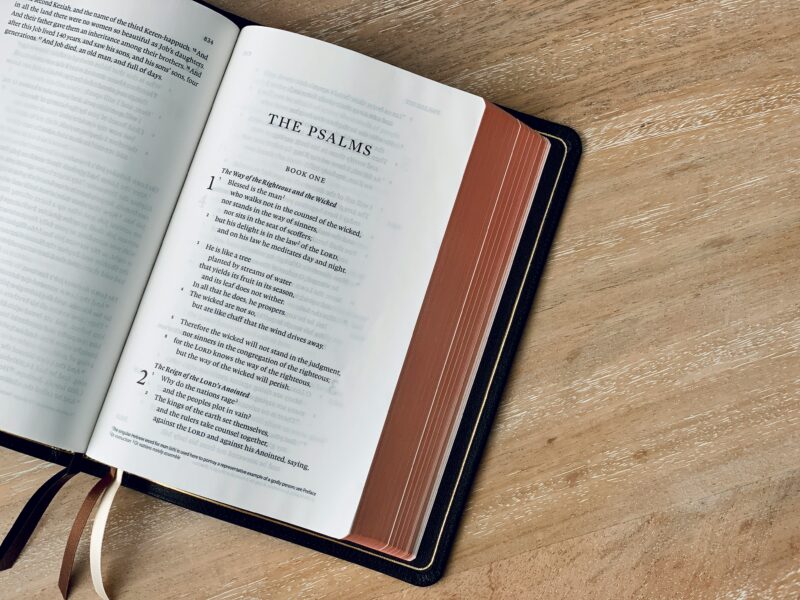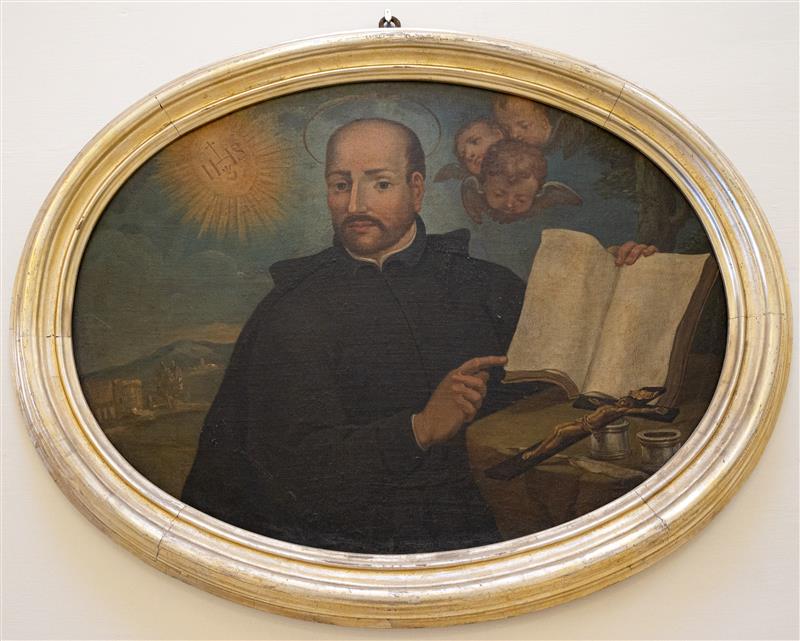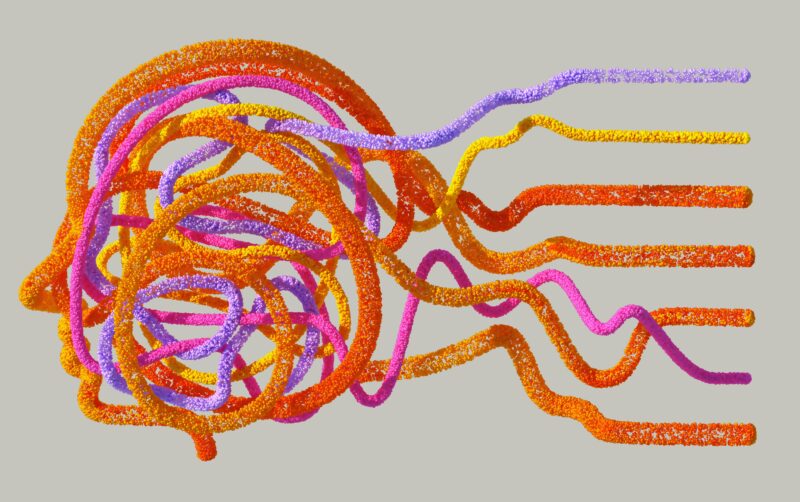This course is eligible for the Get Formed! scheme, allowing students to reclaim 70% of their course fees upon completion. For more information, visit: https://pfi.edu.mt/get-formed/.
This short course offers an engaging introduction to the mission and ministry of volunteering within a Catholic parish. It explores the spiritual foundations, practical responsibilities, and community impact of parish volunteering. Designed for new and prospective volunteers, the course provides an understanding of how their service contributes to the Church’s mission and offers guidance for serving effectively, faithfully, and joyfully.
New or prospective parish volunteers, both youth and adults
Target Audience Age: 18+
The course will take place on Mondays from 6:00pm to 8:00pm at Ta’ Mlit Pastoral Centre, Mosta
| Date | Session |
| 15th September 2025 | Called to Serve – The Spiritual Heart of Volunteering |
| 22nd September 2025 | The Life of the Parish – Ministries and Mission |
| 29th September 2025 | Ethics, Boundaries, and Responsibility |
| 6th October 2025 | Building Community; Collaboration and finding your place |
| 13th October 2025 | Formation; Spiritual Growth and Next Steps |
This course has two exit certificate options:
1. Certificate of Attendance
The student will receive a Certificate of Participation when attending a minimum of 80% of all contact hours for this course.
2. Certificate of Achievement
To obtain a Certificate of Achievement, students must attend a minimum of 80% of all contact hour and pass from reflective journal.
Language: Applicants must be proficient in both Maltese and English.
Digital: Applicants must be digitally literate particularly, in use of office suites and internet access.




